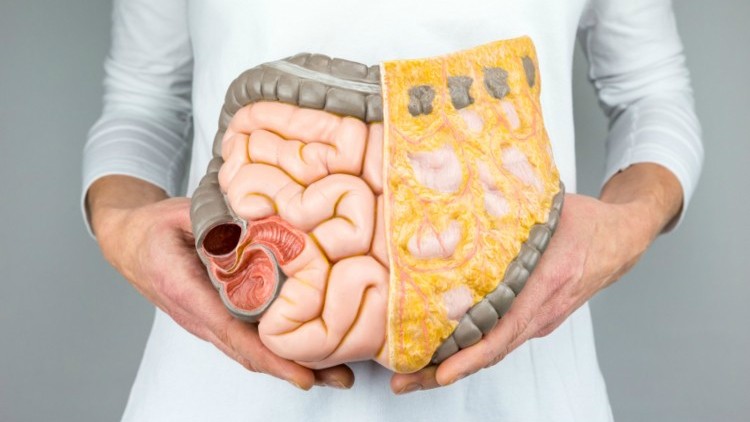Fermented probiotic beverage found to have limited effects on ulcerative colitis: Japanese study

That was the key finding in a study by researchers from Japan's Shiga University of Medical Science, which tested a fermentable vegetable beverage containing a strain (IDS885) of the microbes Pediococcus pentosaceus on 11 patients with mild to moderate active UC.
The patients were randomly assigned to two groups: the six subjects in group A consumed the beverage for eight weeks immediately after enrolment, while the remaining five subjects in group B had an eight-week follow-up period before consuming the beverage over the next eight weeks.
Ultimately, seven subjects (five in group A and two in group B) completed the consumption regimen.
Bowel benefits
The researchers then used the Rachmilewitz clinical activity index to assess all the subjects — those whose index scores had decreased by at least one point were referred to as responders, while those whose scores had either increased or remained the same were called non-responders.
Despite this, they reported that they had not observed any significant changes in the Rachmilewitz clinical activity index or UC endoscopic index of severity before and after the treatment period.
However, they found that the subjects experienced a reduction in loose stools after eight weeks of consuming the fermented beverage.
Acids and bacteria
They added that according to organic acid analysis, the responders tended to have higher levels of acetic, n-butyric and propionic acid, and lower levels of lactic acid than the non-responders.
This was consistent with previous findings on healthy individuals versus UC patients — the former typically had higher levels of all these acids except lactic acid.
Interestingly, the responders had higher levels of acetic, n-butyric and propionic acid, and lower levels of lactic acid even before consuming the beverage. This suggested prior to treatment, their intestinal environment was already similar to that of healthy individuals, compared to the non-responders.
In addition, gut microbiota analysis found that the occupancy of Bifidobacterium tended to be lower in the responders, especially after consumption of the beverage.
This observation was consistent with the findings of an earlier study on UC patients, while another study had hypothesised that the source of increased lactic acid in UC patients was Bifidobacterium.
The researchers wrote: "Given these findings, it is possible that the consumption of the fermented vegetable beverage improved the intestinal environment."
Size versus significance
Probiotics are often employed in the treatment of inflammatory bowel diseases such as UC and Crohn's disease, and are derived from a variety of sources, including fruits, plants and fermented foods and drinks.
The generally positive effects of probiotics on UC and other gastrointestinal disorders have been widely researched, but in this study, the researchers said its single-centre nature was a limitation, as it allowed for only a small number of patients.
This meant any statistical significance between the responders and non-responders could not be detected.
The researchers concluded: "The fermented vegetable beverage appeared to ameliorate loose stool symptoms, although the activity of UC did not improve. Acquisition of further clinical case data is expected to confirm the present findings.:"
Source: Biomedical Reports
https://doi.org/10.3892/br.2018.1099
"Effect of fermented vegetable beverage containing Pediococcus pentosaceus in patients with mild to moderate ulcerative colitis"
Authors: Shigeki Bamba, et al.











